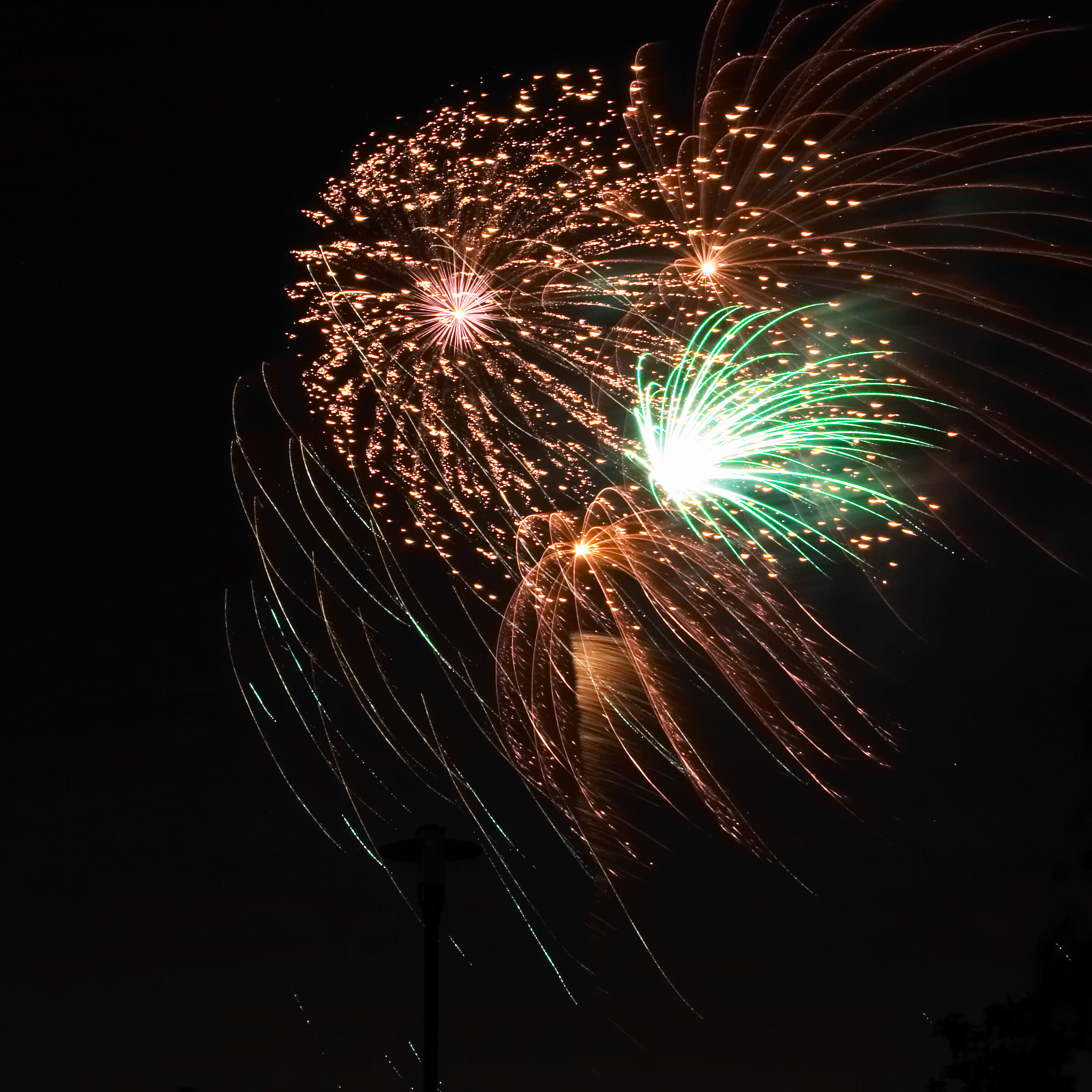Surviving bonfire night for pets
Behaviour Tips for Bonfire Night
Bonfire Night is a time of year that is dreaded by many pet owners and their pets. The sky is lit up and many pets suffer fear and terror at the sound of the firework explosions. The following suggestions are being made by the Association of Pet Behaviour Counsellors (APBC) to help minimise any potential stress.
Preparing for Fireworks – Dogs
• Try to take your dog for a walk before dusk so that they are relaxed and will not need to go out to the toilet once the fireworks start.
• If your pet was to panic and escape during the fireworks season a Microchip can help to ensure that you are reunited.
• Feed your dog in the mid to late afternoon, as this can also help them relax.
• At dusk ensure that your dog is safe indoors. Do not leave your dog alone if fireworks are expected.
• Provide a safe place your dog can retreat to if they wish but do not shut them in – as long as it is safe allow your dog to find the place they feel most comfortable – this may be with you or it could be under a bed! You can help guide this choice by providing a safe “den”, such as a dog crate / box covered on three sides and with blankets for them to dig into, well in advance of the event. Encourage your dog to use and make positive associations with the den by putting treats in it.
• Drawing the curtains can prevent your dog being startled by flashing lights.
• Playing music or turning up the volume on the television can help to minimise the impact of the sound of the fireworks.
• If your dog has never reacted to noises before try not to act as if there is something to worry about. Simply say in a cheerful voice “that was loud” and then try playing a game or doing some training with them to help form a positive association with the fireworks.
• Do not punish your dog for showing fearful behaviour. If they are frightened then it is OK to comfort them. Contrary to what you will often hear it is not possible to reinforce an emotion such as fear.
Preparing for Fireworks – Cats
• Ensure your cat is safely indoors before dusk and that all windows, doors and cat flaps are secure.
• Even if your cat does not usually use a litter tray make sure that one is available at this time of year.
• Close the curtains to minimise flashes which could frighten your cat.
• Putting on music or turning up the volume on the television can help to mask the sound of fireworks.
• If your cat seems quite relaxed try playing a game and offering favoured treats to help form positive associations.
• Ensure your cat has suitable safe places to hide if required. (Cats will often choose to hide in a dark cupboard or under a bed so make sure these places are accessible and also offer a selection of boxes in various locations for your cat). Do not try to move them once they have selected a hiding place.
• If your pet was to panic and escape during the fireworks season a Microchip can help to ensure that you are reunited.
Preparing for Fireworks – Small Pets / Birds
• Consider bringing pets inside if possible or putting hutches into a shed or garage.
• If your pet lives outside ensure that their cage or aviary is safe / secure and soundproof it as best you can (tarpaulin or old duvets can be useful).
• Offer extra bedding for pets to burrow into. Upturned cardboard boxes stuffed with hay can provide a good hiding place for small mammals.
Bonfires
• If you are planning a bonfire make sure you check thoroughly for wildlife before lighting the bonfire.
My Pet was very frightened by fireworks last year – what can I do?
If your pet has previously shown fear of fireworks or other loud noises then be prepared this year. Left untreated sound phobias will often become worse over time. Prepare safe hiding areas and consider installing pheromone diffusers (Adaptil or Feliway) which can help your pet to feel more secure. Please contact your Vet as there are medications which can help reduce your pet’s anxiety. Medication can help your pet cope with the immediate situation but a long term solution will require behaviour modification and you can request referral to a qualified behaviour counsellor for specialist advice.
